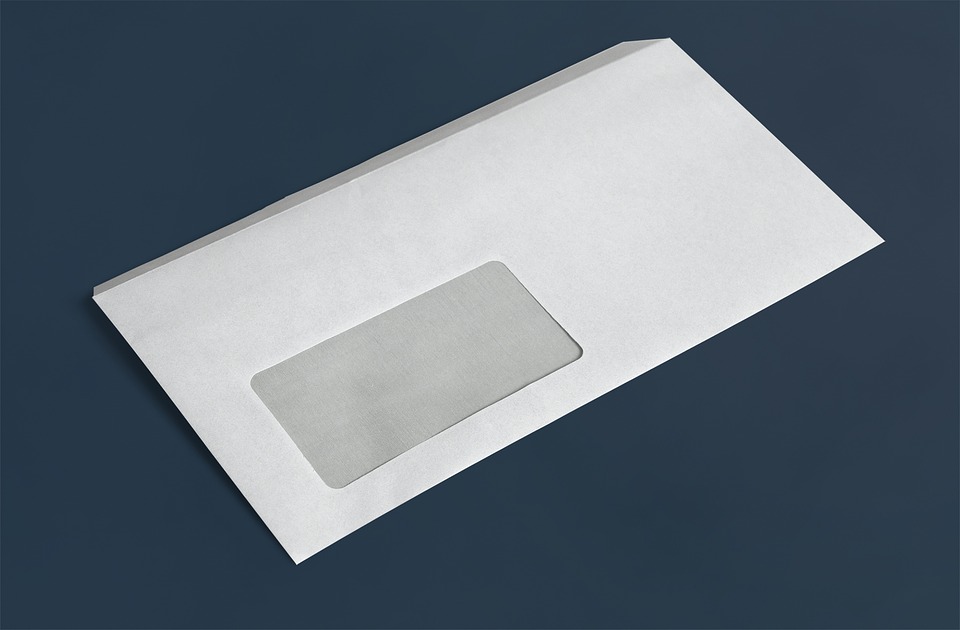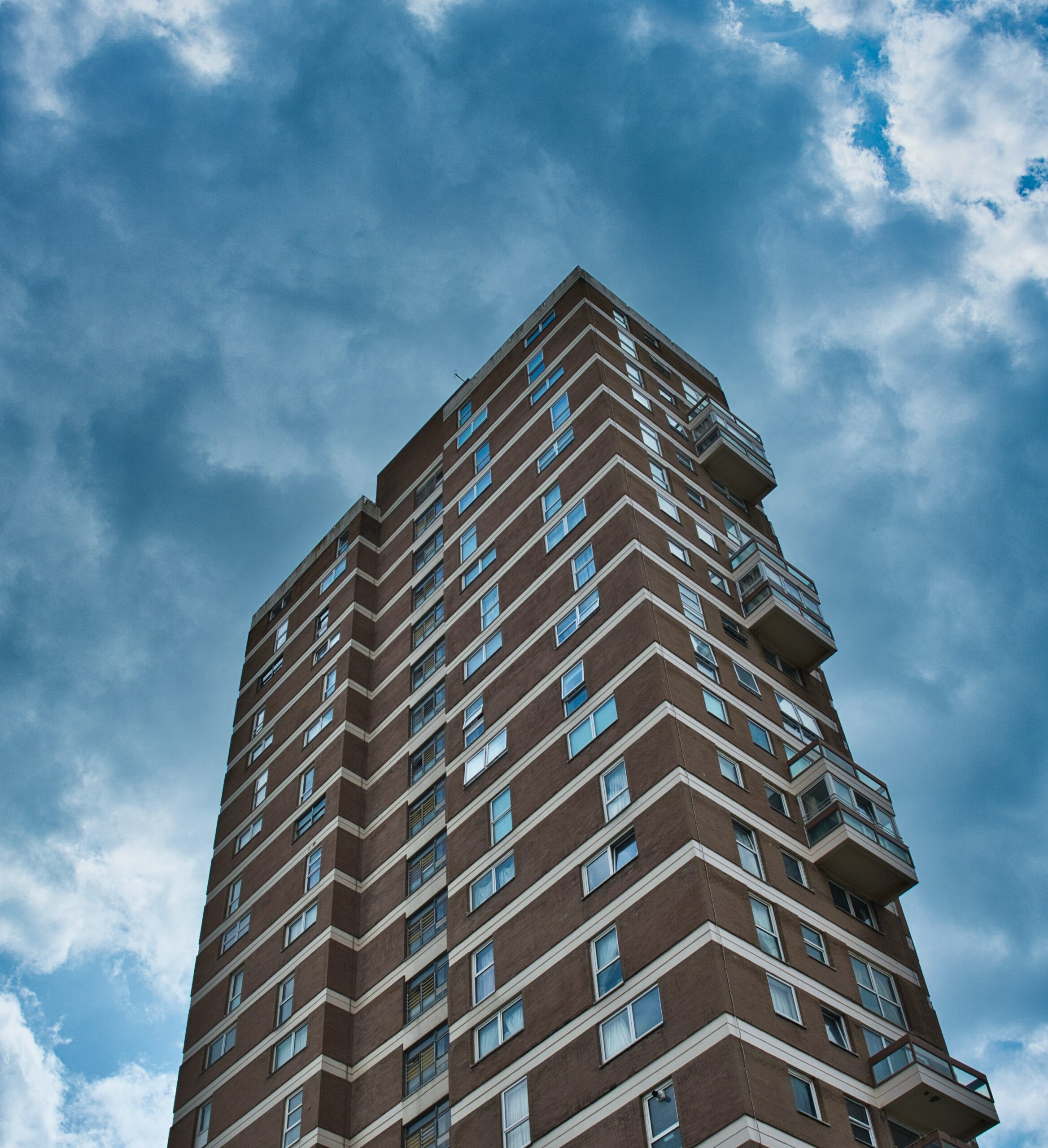When a leaseholder lives in the UK, issuing a claim to recover outstanding service charge or ground rent is simple – send the claim by first class post to the last known address of your individual leaseholder or the registered office of a company and it is deemed delivered two business days later.
But what happens when the individual has moved abroad for work, the company is registered in the British Virgin Islands or the overseas buyer has brought the property as an investment (possibly having never seen it)? Cheryl Bates, property management solicitor at Brady Solicitors explains.
Service of the claim and supporting documents is the process for notifying an individual or business that legal action has been taken against them.
It is crucial in the interests of justice and fairness that an individual is made aware of the claim against them and is given the opportunity to defend it.
If a defendant can prove that service was ineffective or improper because the claim was sent to the wrong address or contravenes the specific rules for service in the country they live in, the consequences are huge. A judgment can be set aside, meaning time and money has been wasted climbing the “ladder” to judgment, only to land on the head of the “ineffective service” snake and the management company will find themselves back at the beginning of the claim process.
The Hague Convention
The rules of service relating to serving documents outside the jurisdiction of England and Wales is complicated. The rules are different depending on which country the potential defendant actually lives in.
The EU has one treaty governing service on its member states (The Hague Convention on Service 1965) but there are many different rules and treaties governing service on other countries in the world and many other states are by no, means as efficient as ours in relation to service.
Non-EU countries have joined the Hague Convention taking the total to 78 countries, including India, Canada, USA and much of South America, but process must still be served in accordance with the domestic law of the country, whether that is service by consular officials or a local process server – it is a slow process taking between 4-6 months, extending the timeline to judgment significantly – not ideal as the service charge coffers run dry.
An additional hurdle is the necessity to translate the documents into the native tongue of the country of service.
We have served arrears claims on British born citizens living in Turkey – and all the court documents had to be translated into Turkish even though English was the leaseholders’ native language.
Dubai is another common place of work for British leaseholders to work but effective service is difficult to complete here as the majority of residential and commercial locations have security guards so letters never even get through the gates to the complex.
A claim form must be served within six months from the date of issue.
In practice, according to the Foreign Process Office at the Royal Courts of Justice, service of a claim form on the United Arab Emirates takes approximately eight months, so it is likely that an extension of time for service beyond the six month limit will have to be requested from the court meaning another application to court and another fee to pay.
Can we reduce the time it takes to serve a claim notice abroad?
One way is to send the court papers via the international postal service. A tracking number is provided. If the postal service cannot serve the papers, we are usually notified within 2-3 months and can then make an application to the county court in England for an order for alternative service, where we ask the court to order that a claimant can serve the papers on the UK property itself or, if appropriate, on an email address of the leaseholder that we know is current.
Sensible way forward
To avoid the delays, the cost, and the “service” headache caused by a leaseholder who lives outside the UK, we recommend that you always establish – at the outset of the landlord / leaseholder relationship – a UK address and a method of service that is likely to bring the claim to the attention of the leaseholder.
This will avoid any claims of defective service further down the line, which can render the judgment unenforceable or can leave the door open for an application from a leaseholder to set the judgment aside.





